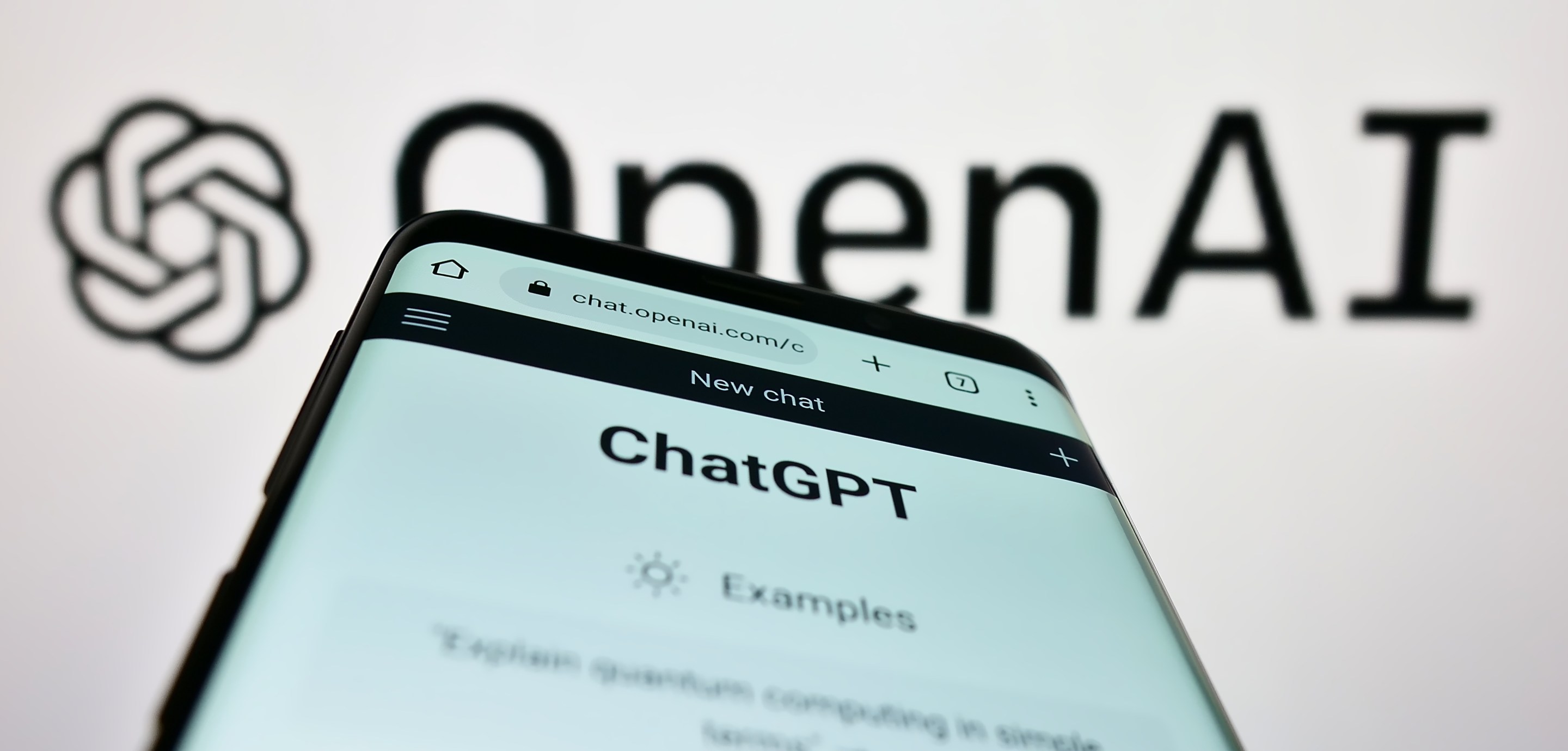Authors who sued ChatGPT and its parent company OpenAI filed a document on Friday to intervene in a case the New York Times brought against the generative AI company and its funder Microsoft in a New York court.
The authors include The Cabin at the End of the World author Paul Tremblay, who originated the California case, along with number of other luminaries including Ta-Nehisi Coates, Junot Diaz, Michael Chabon, and Sarah Silverman. They brought the case against OpenAI as a potential class-action suit for copyright infringement. The authors allege that OpenAI’s generative AI tool ChatGPT was trained on their copyrighted books without their approval.
By “intervening,” the authors are basically saying that they have a right to be involved in the case because they say they have a personal stake in it. In their filing, they ask that the Times case be dismissed because the cases are substantially similar or, failing that, that it be brought out of the New York court and combined with their own.
The authors call many of the other cases filed against OpenAI "copycat" cases, saying many of the claims are similar. According to the intervening authors, OpenAI is trying to "forum shop" the cases to create conflicting rulings in different jurisdictions to kick the can down the road for when the claims are resolved against them, and hope a consolidated case will have a stronger impact.
A large part of their case was dismissed by the California court a couple of weeks ago, reported the Verge, including the claims of unjust enrichment, DMCA violations, and negligence.
The California case already combined cases by several authors against OpenAI, and is part of a flood of legal claims made against AI companies producing generative tools. Midjourney, an image generation company, has also been sued by artists who say that the company trained its tools on their art.
The New York Times’ case says Microsoft, which invested a reported $13 billion into OpenAI, unlawfully used the paper’s journalism to train its models. Because of that, the Times claimed, its “ability to provide that service,” has been threatened. The Times claimed that the content it produced was given additional weight by OpenAI in the training process for ChatGPT. That, it said, was proof that OpenAI recognized the value of its work. It also complained that OpenAI was generating false information and attributing it to the newspaper, which damaged its reputation.
Microsoft argued on Monday against the motion by the authors to intervene in the Times case, saying that the attempted intervention was “jockeying for position” by lawyers who wanted to be the ones who got to argue a class-action case. Microsoft’s lawyers said that the Times’ lawyers had agreed to a speedy schedule and that being forced to bring its case to the California court, they’d have to start again from the beginning.
“Microsoft seeks to defend the New York Actions—the only copyright infringement cases pending against it—as quickly as possible in order to vindicate its position that generative AI technologies do not constitute copyright infringement,” Microsoft’s lawyers wrote, predicting a trial by early next year.
“AI machine learning models are a lawful technology just like the many other new technologies introduced over the years such as the printing press, player piano, personal computer, mimeographic or photostatic copy machines, VCR, DVR, and search engines,” Microsoft’s lawyers said, “because such models make faire use of copyrighted material.”
Meanwhile, OpenAI and its constellation of related companies filed a document in the evening saying it didn’t have a position on the intervention motion.







